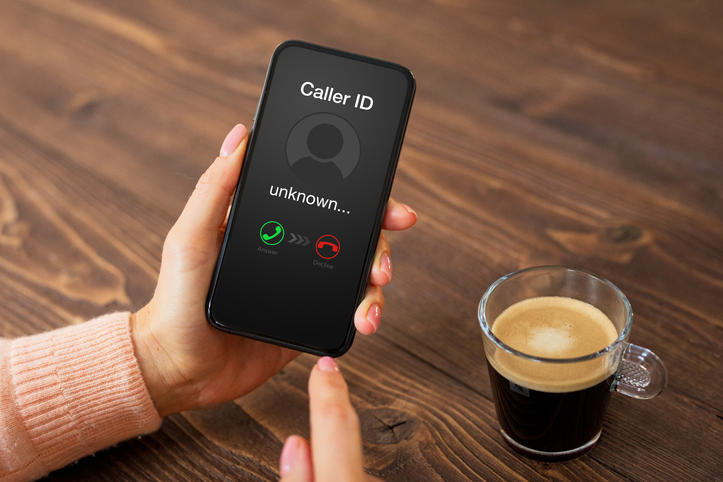Here comes the 80 Billion Dollars
Funding provided by the Inflation Reduction of 2022 has made it possible for the IRS to start cases on people they believe owe them a ton of money. Remember the cable news hosts losing their minds over the prospect of 87,000 new IRS agents? Well, the IRS has finally gotten around to deploying their 80 billion dollars in new funds and hiring and training up to 87,000 new employees.
They used their newly found resources to start cases. By the way, the word “cases” is what caught my attention and should catch yours too. It is another way of saying the IRS has identified procrastinators who have not filed their returns since 2017.
If you receive a CP59 letter from the IRS call us immediately (835) 222-6600, this means that the IRS already has established a case on you. The worst possible thing for you to do now, is ignore the notice.
Some ask, “what happens if I do not respond?”
The answer is that the IRS will continue its enforcement action against you, including filing a Substitute for Return (SFR). These “substitute” returns are prepared and filed by IRS personnel in a vacuum and often do not give people like you, the deductions and credits that are rightfully theirs. Often, these SFRs show a higher balance due to the IRS then if you had a competent professional tax preparer to prepare and file your return.
From that point the IRS will take the SFR and assess the unpaid taxes, create an IRS lien and pursue collections procedures which may include the legal seizure of your property to satisfy the tax debt. Without going to court, the IRS can garnish wages, take money in your bank or other financial account, seize and sell your vehicle(s), real estate and other personal property.
Remember, the IRS is the most brutal collection agency in the world.
“Collections” sounds agonizing and awful, and it is. But you do not have to go it alone. We are here to help you through this process. And once you have retained us, we manage the correspondence with the IRS, and in most instances, you will not have to talk to the IRS in person or by phone.
What about you?
And the good news for you is that there are many programs enacted by Congress that are there to help you. Including but not limited to Offers in Compromise, full and partial pay installment agreements, Innocent Spouse relief and more.

